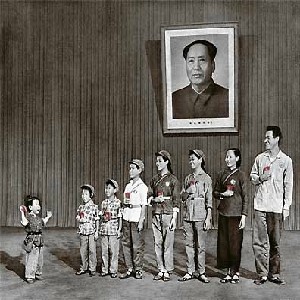Government

Cambodian Genocide Program
These materials are more appropriate for teaching older students because they provide a grim and poignant reminder of the individual tragedies that underlie the staggering statistics associated with these crimes.
Viettouch
Some of the sections under the “Literature” and “History” categories are largely written in Vietnamese and may, therefore, be inaccessible to students. However, the vast majority of the site is in English and well worth a careful read.
Journeys in Time, 1809 – 1822: The Diaries of Lachlan and Elizabeth Macquarie
In teaching world history courses, this site would contribute to understanding the nature of British imperial expansion in the Pacific and the business of colonial governance.RBI Monetary Museum Galleries
The wide selection of currencies and time periods make this useful for classroom instruction and for generating discussion."I Didn't Raise My Boy to Be a Soldier" [Song]
By 1915, Americans began debating the need for military and economic preparations for war. Strong opposition to "preparedness" came from isolationists, socialists, pacifists, many Protestant ministers, German Americans, and Irish Americans (who were hostile to Britain).
Decisions of the Superior Courts of New South Wales, 1788-1899
Legal records are a key resource in gaining access to the voices of the non-elite, providing a rich repository of the details of life in the period. The subject index is particularly useful in drawing themes together for teaching.Short Teaching Module: Letters of Milada Horáková
Horáková makes a good case study for several reasons. One of the most prominent European feminists of the first half of the 20th century, she was an active member of the resistance during the Nazi occupation of Czechoslovakia.
Letters of Milada Horáková
In this collection of letters, written by Milada Horáková before her execution in 1950 by the Communist Party in Czechoslovakia, Horáková writes last wishes and notes to her family.

Morning Sun
This companion site provides a wonderful introduction to 'the psycho-emotional topography of high-Maoist China.'
Short Teaching Module: Consumerism in Poland
Throughout Eastern Europe, the decade of the 1980s was a time of significant change, including the everyday lives of average citizens.